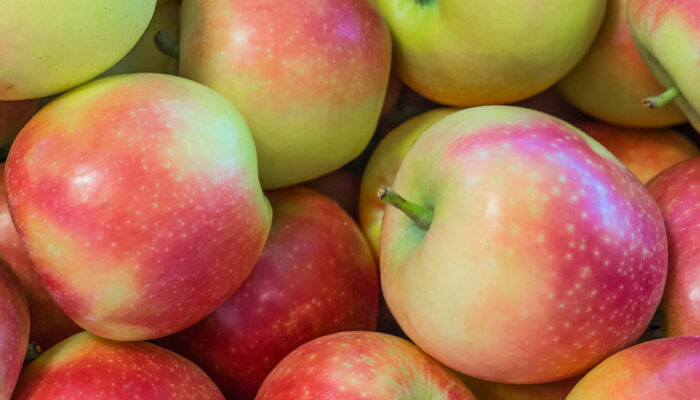5 toxic foods not to feed pets

Pets are often curious and like to sniff around what their human parents are eating. As a result, one may get tempted to feed their pets from their own plate. However, this is a bad and dangerous habit. Individuals must remember that not all human foods are safe for pets. Some can harm them by causing severe health complications. Here are a few toxic foods to avoid feeding one’s pets.
Garlic
Garlic, onions, leeks, and chives belong to the family of vegetables called allium, which is highly toxic to cats and dogs. Feeding these may cause the pet’s red blood cells to rupture and lead to poisoning. Furthermore, garlic and onion can lead to gastrointestinal problems, such as excessive drooling, diarrhea, nausea, and vomiting. Some pets may also experience symptoms like pale gums, lethargy, weakness, sudden collapse, and increased respiratory and heart rate.
Chocolate
People are often tempted to treat their furry companions with chocolate. However, even a small amount can harm them. Chocolate contains theobromine and methylxanthines, elements that are toxic to pets. It can cause diarrhea, vomiting, panting, hyperactivity, excessive urination and thirst, abnormal heart rhythm, seizures, and tremors.
Raisins
Grapes, raisins, and currants can cause extreme toxicity, particularly in dogs. Even small quantities can have harmful effects like acute kidney dysfunction. It can also lead to lethargy, a loss of appetite, diarrhea, vomiting, excessive thirst, and urination problems. Hence, one must keep these foods away from their pet.
Avocado
Avocados may seem healthy and safe for pets, but they are not. The fruit contains an element called persin, which can be poisonous to most birds. Avocados can also cause gastrointestinal problems in cats and dogs, disrupting stool movement or causing severe diarrhea.
Salted snacks
Salted snacks, such as pretzels, salted popcorn, and potato chips, contain a huge percentage of sodium. Excess sodium is bad for both humans and pets. If pets eat too many salted snacks, they may exhibit excessive urination and thirst or more severe symptoms like tremors, seizures, and high body temperature. Pets who experience these discomforts must be taken to the vet immediately for an evaluation.














